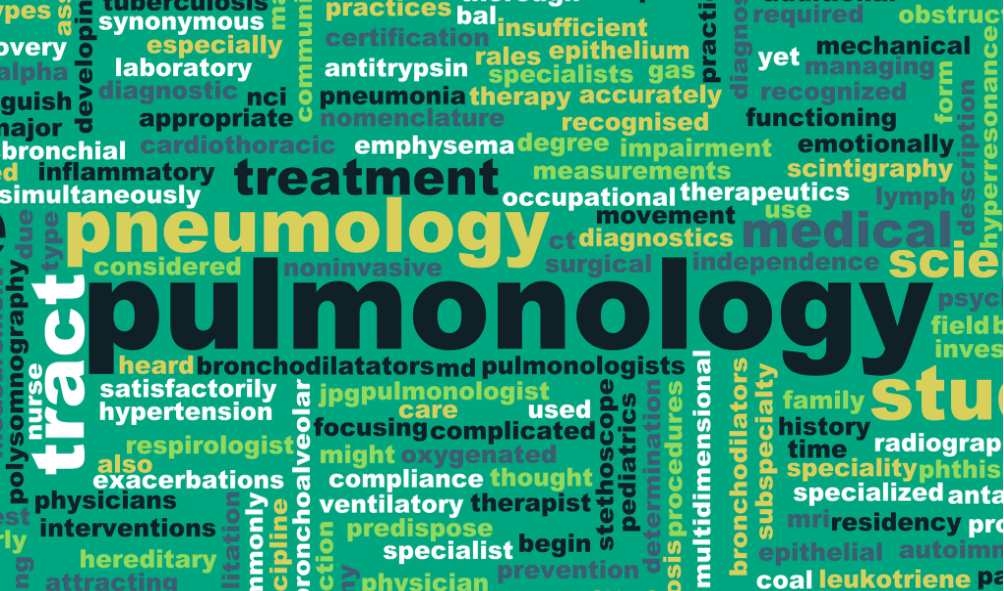
Pulmonology Doctor in Dum Dum, or pulmonary medicine, deals with the diagnosis and treatment of diseases related to the respiratory system. Treatment by Pulmonology Doctor in Dum Dum varies greatly depending on the specific condition being addressed. Here’s a general outline:
- Diagnostic Tests: Pulmonologists often start by conducting various diagnostic tests to identify the underlying cause of respiratory symptoms. This may include spirometry, imaging tests (such as X-rays or CT scans), blood tests, bronchoscopy, and others.
- Medication: Pulmonologists prescribe medications to manage respiratory conditions. These may include:
- Bronchodilators: These medications help relax the muscles around the airways, making breathing easier. They are commonly used to treat asthma and chronic obstructive pulmonary disease (COPD).
- Corticosteroids: These anti-inflammatory drugs can reduce airway inflammation and are used to manage conditions like asthma and COPD exacerbations.
- Antibiotics: If a respiratory infection, such as pneumonia, is suspected, antibiotics may be prescribed.
- Antifungal medications: These are used to treat fungal infections of the lungs, such as those caused by Aspergillus.
- Immunomodulators: In some cases, medications that modulate the immune system may be prescribed, such as in the treatment of autoimmune lung diseases like sarcoidosis.
- Oxygen Therapy: For patients with respiratory failure or severe lung diseases, supplemental oxygen therapy may be necessary. This involves providing oxygen through nasal prongs, a mask, or other delivery systems to improve oxygen levels in the blood.
- Pulmonary Rehabilitation: Pulmonologists may recommend pulmonary rehabilitation programs for patients with chronic respiratory conditions like COPD. These programs typically include exercise training, education on breathing techniques, and nutritional counseling to improve overall lung function and quality of life.
- Lifestyle Modifications: Pulmonologists often advise patients to make lifestyle changes to manage their respiratory conditions better. This may include quitting smoking, avoiding environmental triggers (such as air pollution or allergens), maintaining a healthy weight, and practicing good respiratory hygiene.
- Surgery: In some cases, surgery may be necessary to treat certain respiratory conditions. This can include procedures such as lung resection for lung cancer, lung transplantation for end-stage lung disease, or surgical interventions for conditions like severe emphysema.
- Management of Complications: Pulmonologists also manage complications that may arise from respiratory conditions, such as respiratory failure, pulmonary hypertension, or pneumothorax (collapsed lung).
Treatment plans are tailored to individual patients based on their specific diagnosis, medical history, and overall health status. It’s essential for patients to work closely with their pulmonologist to develop a comprehensive treatment plan and to follow their recommendations for optimal management of their respiratory condition.
